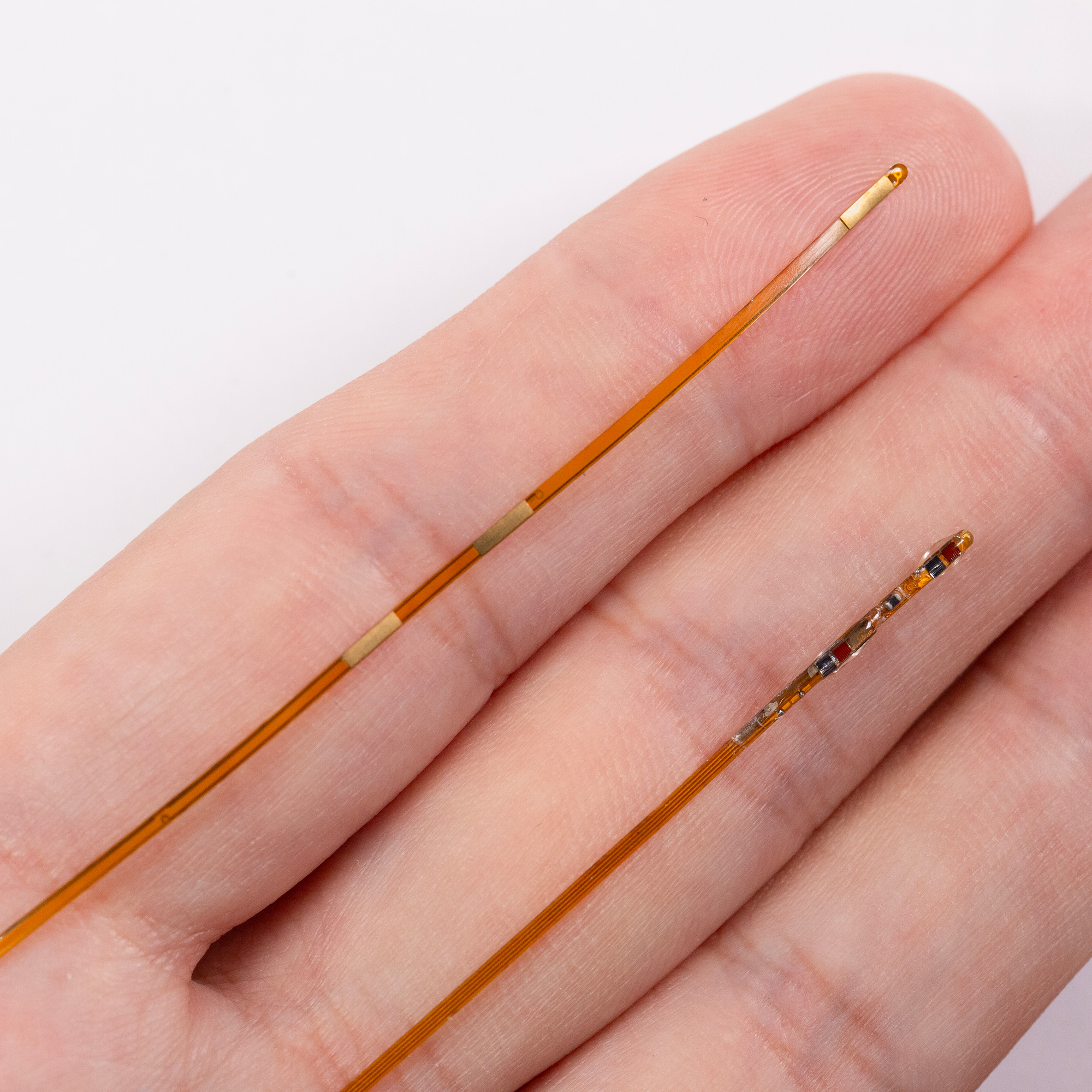Year: 2025
-

2025 Year in Review
Feinberg experienced a year of discovery and scientific achievement in 2025, from honors and awards to unprecedented research discoveries.
-

Scientists Map the Human Genome in 4D
In a landmark effort to understand how the physical structure of our DNA influences human biology, Northwestern investigators and the 4D Nucleome Project have unveiled the most detailed maps to date of the genome’s three‑dimensional organization across time and space, according to a new study published in Nature.
-

2025 in Scientific Imagery
From elucidating cellular mechanisms underlying tissue regeneration to developing novel biomaterials to improve organ function, Feinberg investigators have provided stunning new snapshots of biological processes invisible to the naked eye.
-

NU-9 Halts Alzheimer’s Disease In Animal Model Before Symptoms Begin
In a new study, scientists have identified a previously unknown driver of Alzheimer’s disease, and an experimental drug developed at Northwestern University has demonstrated further promise as an early intervention to treat the disease.
-

Exploring the Connection Between Gene Expression and Aging
Northwestern Medicine scientists have discovered how molecular “traffic controllers” in cells influence aging and cellular senescence — a state where cells stop dividing but remain metabolically active.
-

Common Virus ‘Rewires’ Intracellular Mechanisms to Promote Infection
Investigators from the laboratory of Derek Walsh, PhD, have discovered how human cytomegalovirus rewires intracellular mechanisms to control the movement of the cell nucleus and promote infection, according to a recent study.
-

Noninvasive Treatment Boosts Immune Response Against Glioblastoma
Northwestern Medicine scientists, along with collaborators from the Washington University School of Medicine, have developed a noninvasive nanomedicine approach that may improve the treatment of glioblastoma, according to a recent study published in the Proceedings of the National Academy of Sciences.
-

Beidas Elected Co-Editor-in-Chief of Implementation Science
Rinad Beidas, PhD, the chair and Ralph Seal Paffenbarger professor of Medical Social Sciences, has been elected the next co-editor-in-chief of Implementation Science, the field’s flagship journal, effective January 1, 2026.
-

RNA ‘Quality Control’ System Breaks Down in ALS
A Northwestern Medicine study has shed light on a critical molecular mechanism underlying amyotrophic lateral sclerosis (ALS), according to findings published in the journal Neuron.
-

Top 3 Episodes of Breakthroughs Podcast in 2025
This year, the Breakthroughs podcast released 17 episodes on topics including improvements in mental healthcare delivery, precision medicine therapies for rare diseases, an introduction to bedside medicine and much more.






